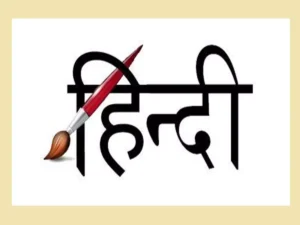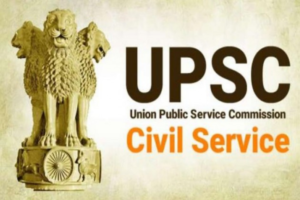The Geology syllabus for the UPSC exam is also divided into two papers: Paper-I and Paper-II. Here’s the breakdown of the UPSC Geology syllabus paper-wise:
Paper-I:
- General Geology:
- The Solar System, Meteorites, Origin and interior of the Earth, Radioactivity, Age of the Earth; Geological time scale; Fundamental principles of stratigraphy.
- Geological processes: Weathering and soils, Mass wasting, Erosion and deposition, Groundwater and its movement, River processes and landforms, Glaciers and glaciations, Wind action, Coastal processes, Landforms and their evolution.
- Structural Geology: Primary and secondary structures, their classification and significance, Geometrical analysis of folds, Faults, and Joints, Unconformities, Folds and faults in relation to bedding planes, Outcrop patterns of folds and faults.
- Geomorphology: Basic concepts, Endogenetic and exogenetic forces, Denudational processes and their role in landscape development, Landforms of fluvial, aeolian, glacial, marine, and Karst regions.
- Mineralogy:
- Physical, chemical, and optical properties of common rock-forming minerals.
- Classification of minerals based on the Dana and Strunz systems.
- Symmetry and forms in common crystal classes.
- Igneous and Metamorphic Petrology:
- Classification and nomenclature of igneous rocks.
- Petrogenetic processes: Magmatic differentiation, Assimilation, and magma mixing.
- Origin of magmas: Melting of rocks, Crystallization, and fractional crystallization.
- Metamorphic processes and facies; Types of metamorphism and their causes.
Paper-II:
- Sedimentology and Paleontology:
- Sedimentary processes: Transportation, Deposition, Diagenesis.
- Sedimentary environments and facies; Sedimentary basins.
- Fossils: Modes of preservation, Morphology, and life habits.
- Stratigraphic principles and classification; Major stratigraphic divisions of India.
- Stratigraphy:
- Lithostratigraphy, Biostratigraphy, Chronostratigraphy, and Magnetostratigraphy.
- Sequences, Cycles, and Events in stratigraphy.
- Correlation techniques; Principles and methods of correlation.
- Engineering Geology:
- Geotechnical properties of rocks, Weathering, and its effects on foundations.
- Landslides: Causes, Classification, and remedial measures.
- Rock types as construction materials; Geological investigations for dams, tunnels, and bridges.
- Hydrogeology:
- Occurrence and movement of groundwater; Darcy’s Law.
- Groundwater exploration and management; Aquifers and their types.
- Groundwater quality and contamination; Saline water intrusion.
This is a detailed overview of the Geology syllabus for the UPSC exam. Candidates preparing for this exam should study each topic thoroughly and refer to standard textbooks and resources to excel in the examination.





